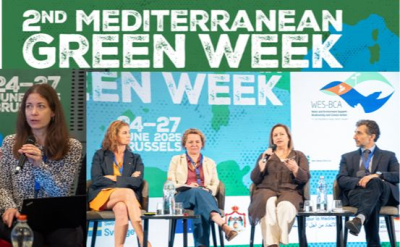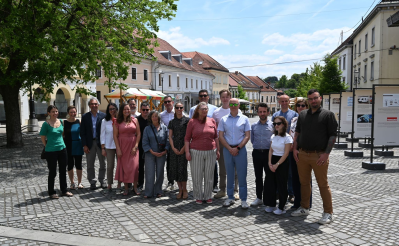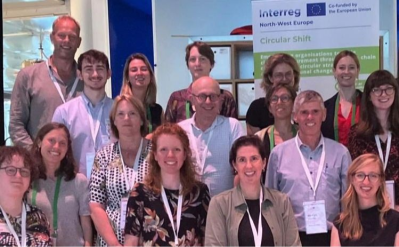News
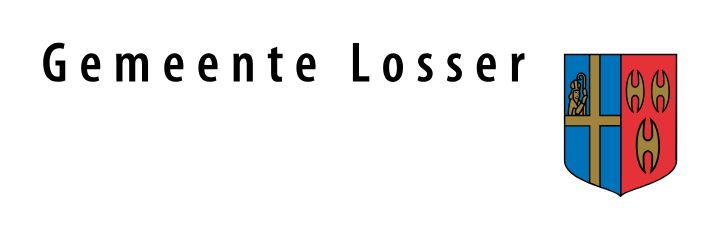
ACR+ welcomes the municipality of Losser as a new member
The Dutch municipality of Losser is located in the eastern part of the province of Overijssel, right on the German border. It comprises the villages of Losser, Overdinkel, De Lutte, Beuningen, and Glane. With around 23 000 residents, Losser is a rural municipality known for its strong social cohesion and rich natural and cultural heritage.
As an organisation, Losser is committed to creating a livable, sustainable, and inclusive society. It collaborates closely with residents, entrepreneurs, and social organisations. Losser has many collaborations which enable them to operate efficiently and with a future-oriented mindset, while preserving the unique identity of the villages.
We asked Iris Lammertink, Project coordinator for Circular economy, a few questions.
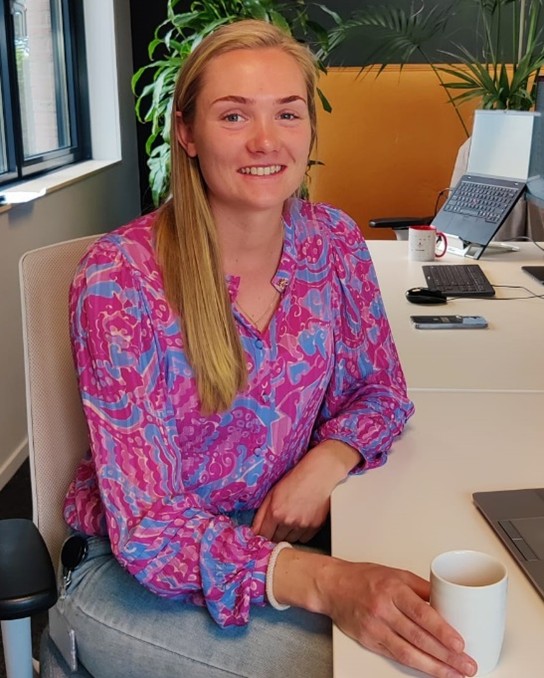
ACR+: What motivated you to join ACR+?
I.L.: By joining ACR+, the municipality of Losser hopes to gain better insight into and coordination in the field of implementation of circular economy. The municipality of Losser strives to benefit from the expertise of ACR+ and fellow members, in order to be able to make the steps towards a circular economy in a sound manner.
ACR+: What are your priorities in sustainable resource management for the current year?
I.L.: Our focus is on the internal organization. We are developing an action plan to implement circular procurement. We will also provide internal training to ensure proper integration—targeting contract managers, procurement officers, and project leaders. In addition, we are drafting a materials/resource plan and redesigning the local waste collection point to transform it into a more circular hub.
ACR+: What are the main challenges on your territory?
I.L.: One of the key challenges we face is related to change management. Encouraging people to shift away from traditional ways of working and adopt more sustainable and circular practices requires time, clear communication, and strong internal support. Many processes have been in place for years, and while the benefits of change are clear, changing routines and mindsets remains a complex and ongoing task.
ACR+: Could you share with us a successful action you conducted?
I.L.: One of our key achievements in the past year was the successful implementation of a circular approach to the major maintenance of asphalt roads in our region. Together with our partners, we apply innovative circular techniques that allow us to significantly reduce the use of virgin materials, cut CO₂ emissions, and increase the reuse of existing materials. This project serves as an example of how municipalities can integrate circular economy principles into large-scale public works projects.









